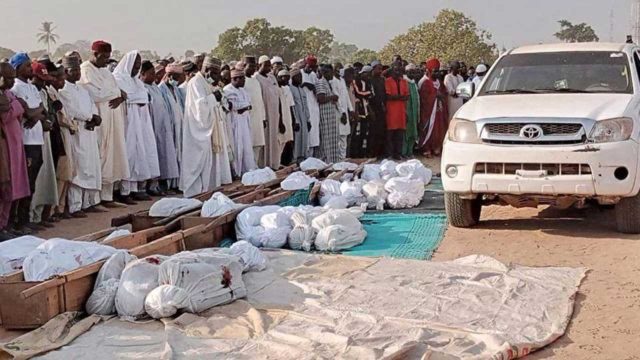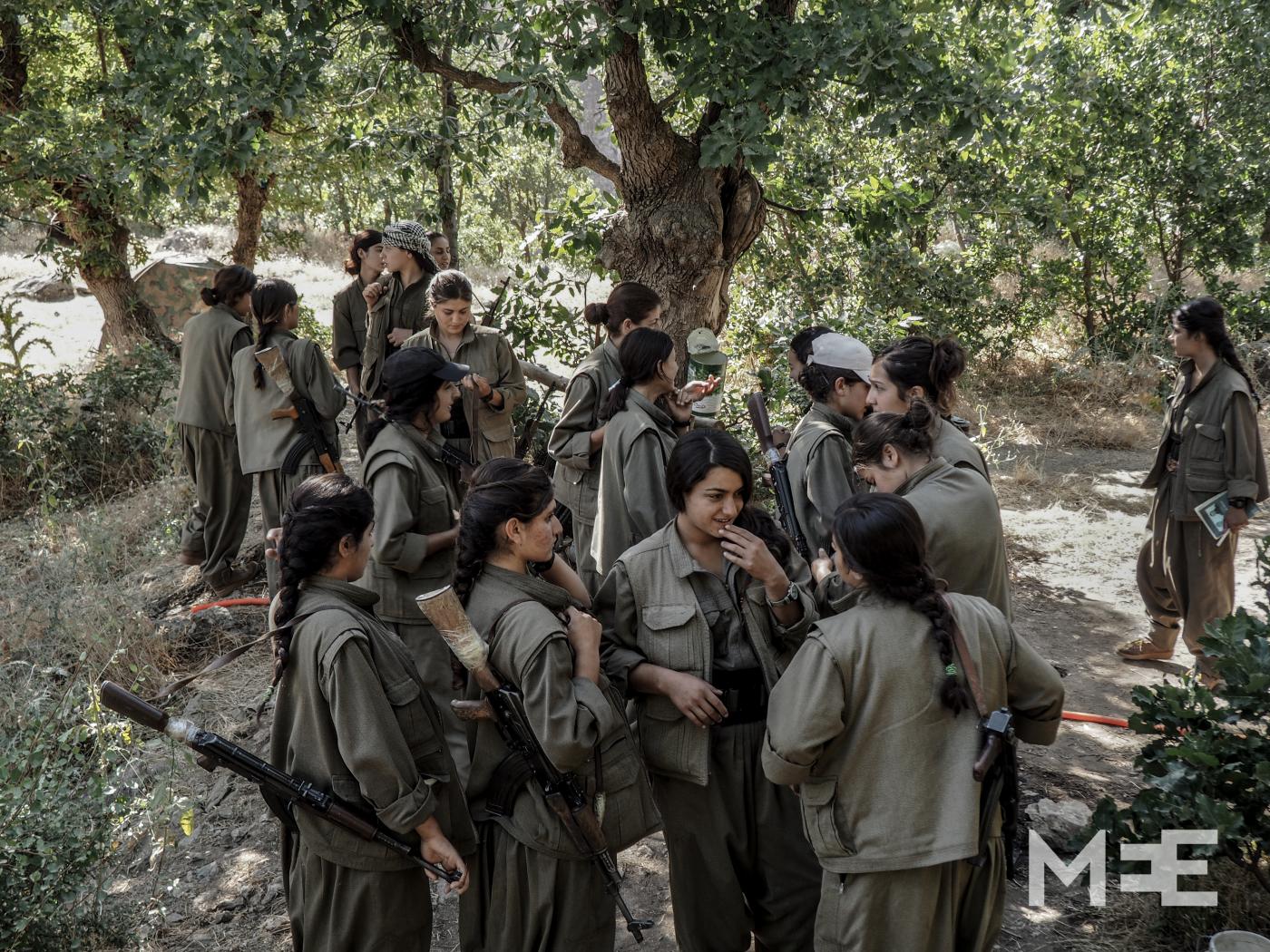Human Lives Human Rights: As the anniversary of the tragic air strike that claimed the lives of 40 individuals in Rukubi, Doma area of Nasarawa state approaches, victims and their families are still grappling with the absence of justice and accountability.
“One year on, the Nigerian authorities have yet to deliver justice for the victims of the Rukubi air strike. This prolonged delay denies these individuals and their families the closure and accountability they deserve,” remarked a human rights spokesperson.
The use of air strikes for law enforcement purposes is widely condemned as a reckless and disproportionate employment of lethal force. The failure of authorities to hold the military accountable for such egregious violations not only perpetuates impunity but also endangers the lives of civilians, particularly those residing in conflict-affected rural areas.
“Air strikes resulting in significant loss of life have become distressingly common, underscoring a pattern of grave human rights abuses perpetrated by the Nigerian military,” the spokesperson added.
In light of these incidents, urgent action is imperative. The Nigerian government must unequivocally instruct the military to prioritize and uphold human rights standards in all security operations. Additionally, an independent and impartial investigation into the Rukubi air strike, as well as other similar incidents, is crucial. Those implicated in the unlawful use of force must be held accountable through fair and transparent legal proceedings, including individuals and senior military figures.
Background:
The use of air strikes in military operations across Nigeria’s conflict-affected regions has resulted in numerous civilian casualties over the years. Prior incidents, such as the air strike in Tudun Biri in December 2023 and Mutumji village in Zamfara state in December 2022, have claimed scores of lives. Despite apologies from Nigerian authorities following these incidents, justice for the victims remains elusive.


















